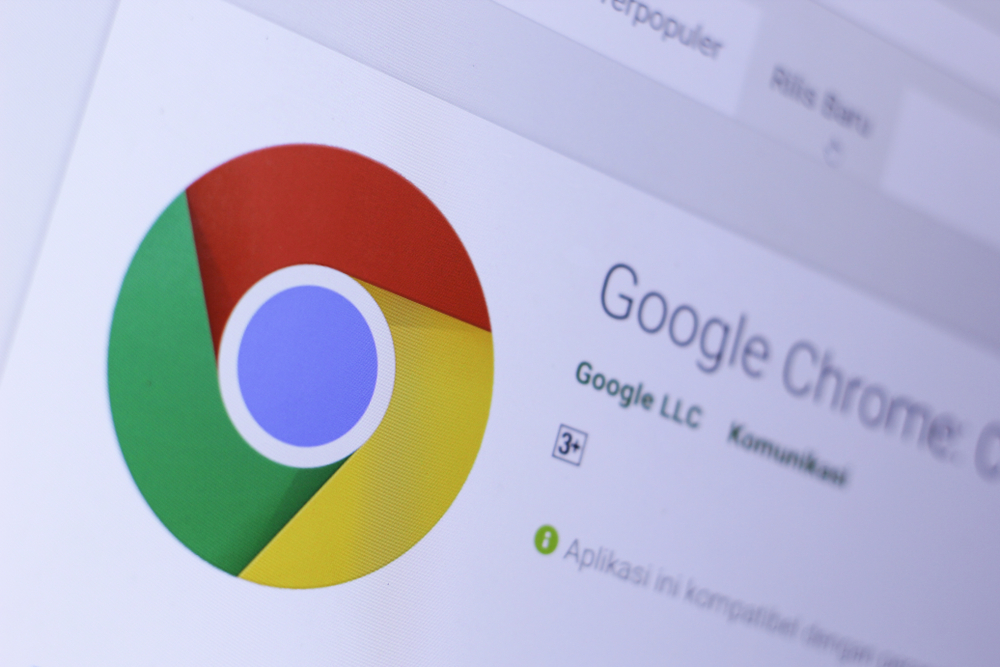Google is trying to solve the problem of ad blocking on its platform, especially on YouTube. While it acknowledges that its efforts to discourage the use of ad blockers have resulted in less-than-ideal viewing experiences for some users, it remains committed to protecting the interests of its creators and advertisers.
Earlier this year, YouTube introduced a pop-up message that appears during videos for users with ad blockers installed. The message asks them to disable the extension, use ad filtering options, or upgrade to YouTube Premium without ads. The purpose of this approach is to highlight the importance of advertising in supporting content creators and enabling them to grow their businesses.

However, recent reports indicate that users, especially those using browsers other than Chrome, were experiencing delays when playing videos. Firefox users in particular reported a delay of approximately five seconds before videos started playing. Google admits that this delay is intentional and is intended to discourage users from using ad blockers. They clarify that this delay is not specific to any particular browser.
Google’s business model relies heavily on advertising revenue, so ad blockers are a concern for the company. It’s worth noting that Google owns Chrome, a browser that competes with other popular alternatives such as Firefox. The problem gets worse when false positives occur and users without ad blockers experience the same delay.
While Google claims that the lag issue can be resolved by updating the browser after disabling ad blockers, some users claim that they have not experienced any lag despite using Firefox with or without an ad blocker. This suggests Google may be experimenting with different methods to gauge users’ willingness to permanently disable ad blockers.
YouTube clarifies that its ad block detection does not target specific browsers. However, it warns that users who continue to use ad blockers may experience degraded or interrupted service as the company’s ad blocker detection efforts continue to evolve.
In addition to these measures, Google plans to make an API change in June 2024 that will make legacy Chrome extensions, including ad blockers, ineffective unless they are updated, notes NIXsolutions. While the impact of this change on ad blocking functionality remains uncertain, some experts believe that with the right adjustments, ad blockers will be able to adapt to the new API.
As Google wages an ongoing battle with ad blockers, it is important for the company to strike a balance between protecting its business interests and providing an optimal browsing experience for users. Only time will tell how effective their strategies will be and how users will react to these changes.
